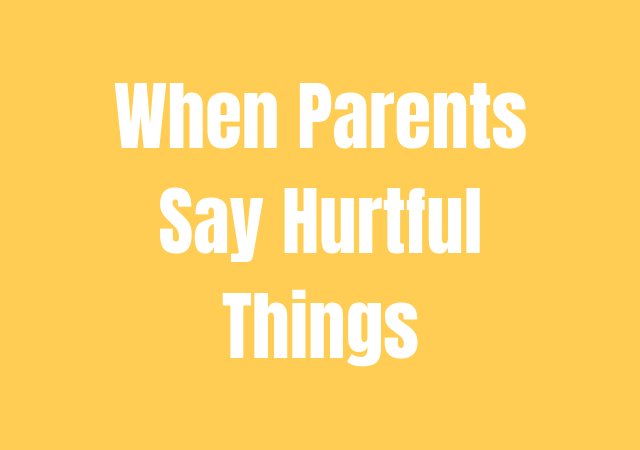Your concern for your child’s health is understandable. Here are some considerations and steps you can take if you’re worried that your 14-year-old’s masturbation habits might be affecting their health:
- Physical Health:
- Normalcy: Reassure yourself that masturbation, in moderation, is a normal and healthy part of adolescent development and does not generally cause physical harm.
- Hygiene: Encourage good hygiene practices to prevent any potential irritation or infection.
- Emotional and Mental Health:
- Stress and Anxiety: Excessive masturbation can sometimes be a coping mechanism for stress or anxiety. Look for signs of emotional distress and offer support.
- Self-Esteem: Ensure your teen understands that masturbation is a normal behavior and not something to feel ashamed about.
- Balanced Lifestyle:
- Diversify Activities: Encourage participation in a variety of activities, such as sports, hobbies, and social events, to ensure a balanced lifestyle and reduce the likelihood of obsessive behaviors.
- Healthy Relationships: Promote the development of healthy relationships with peers and family members.
- Open Communication:
- Safe Space: Create an environment where your teen feels safe to discuss their feelings and experiences without fear of judgment.
- Education: Provide accurate information about sexual health and development. Resources from healthcare providers or reputable websites can be helpful.
- Professional Guidance:
- Healthcare Professional: If you’re concerned that the behavior is excessive and impacting your child’s daily life, consider consulting a healthcare professional or a therapist specializing in adolescent health.
- Therapy: A therapist can help address any underlying issues such as anxiety, depression, or compulsive behaviors.
By approaching the situation with care, understanding, and support, you can help your teen navigate this aspect of their development in a healthy way. If you notice any significant changes in behavior, mood, or physical health, seeking professional advice is always a good step.
QNA SERIES: QUESTIONS FROM PARENTS AND ANSWERED BY EXPERTS. SEND YOUR QUESTIONS TO (blog.mamapirate@gmail.com).
MORE POSTS: Navigating the Emotional Milestones of Adolescence



